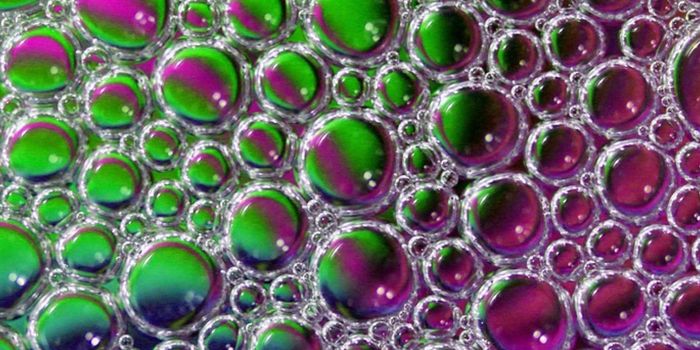Sleep Problems Seen in Autism Linked to SHANK3 Gene Mutation
The causes of autism spectrum disorder are poorly understood; some studies have indicated that there are genetic links, but that doesn’t explain every autism case. Scientists have now found that a gene mutation may be connected to the sleep problems that children with autism commonly experience. The research, by Washington State University neuroscientists, can help identify why sleep is disturbed in autism. The findings, which have been reported in eLife, may also help create a treatment for the problem and expand our understanding of the disease.
"Poor sleep is not only a problem for individuals with autism but is also one of the top concerns among caregivers," said the senior author of the work Lucia Peixoto, an assistant professor in the WSU Elson S. Floyd College of Medicine. "In addition, there is a clear link between sleep problems and severity of core autism symptoms such as social and communication challenges and repetitive behaviors. If we can get to the root of these sleep issues, this could potentially help ease other autism symptoms as well."
A gene called SHANK3 helps regulate the sleep and wakefulness cycle, and when people or mice lack the gene, they have a hard time falling asleep. The mouse research indicated that while people with autism that carry a mutation in the gene can get sleepy, they simply cannot fall asleep.
There is a genetic disease called Phelan-McDermid syndrome (PMS) that is linked to autism. SHANK3 is thought to play a role in the disorder. PMS patients without a SHANK3 gene have difficulty getting to sleep; when they do, they wake up several times during the night. Peixoto and her team began by assessing sleep data from these patients. The video below discusses the genetics of PMS.
"Many kids with Phelan-McDermid syndrome sleep less than six hours a night, and their sleep is really poor across their lifespan so it's an ongoing source of difficulty for them," said the co-first author of the study and postdoctoral research associate Hannah Schoch.
Schoch and co-first author and postdoctoral research associate Ashley Ingiosi used a mouse model of PMS to learn more. The mouse environment was on a twelve-hour cycle of light and darkness. Compared to normal mice, mice with a Shank3 mutation stayed awake longer when the dark cycle ended, which is when nocturnal mice would usually start sleeping. The quality of their sleep was also affected. Next, the researchers tested the effects of sleep deprivation, in which the mice weren’t allowed to sleep for the first five hours of their sleep phase.
"What we found is that the Shank3 mutant mice were able to build up a need for sleep to the same extent as wild-type mice, which tells us that they were sleepy," Ingiosi revealed. "But it actually took them twice as long to fall asleep."
Gene expression studies indicated that the mutant mice were found to have lower expression levels of genes that help maintain the body’s daily cycle - the circadian clock. When the mice were sleep deprived, the gene expression was skewed even more, and there were twice as many genes that weren’t properly activated. This may indicate that when people carry SHANK3 mutations, sleep deprivation exacerbates their problems.
Related: Cancer Drug Reverses Social Defects of Autism in Model
The researchers plan to continue the study. They want to know more about the SHANK3 mutations, such as whether the genetic problems arise over time or are present at birth, and what the mechanism underlying these issues is.
"If we are able to understand the molecular mechanisms underlying the sleep problem in Shank3 mutant mice, we expect that this will also strongly relate to sleep problems in autism in general," Peixoto added. "And that would suggest novel points of intervention."
Learn more from the video above about how genetic tests can aid in the management of autism.
Sources: AAAS/Eurekalert! via Washington State University, eLife









